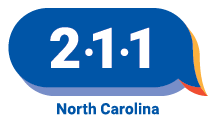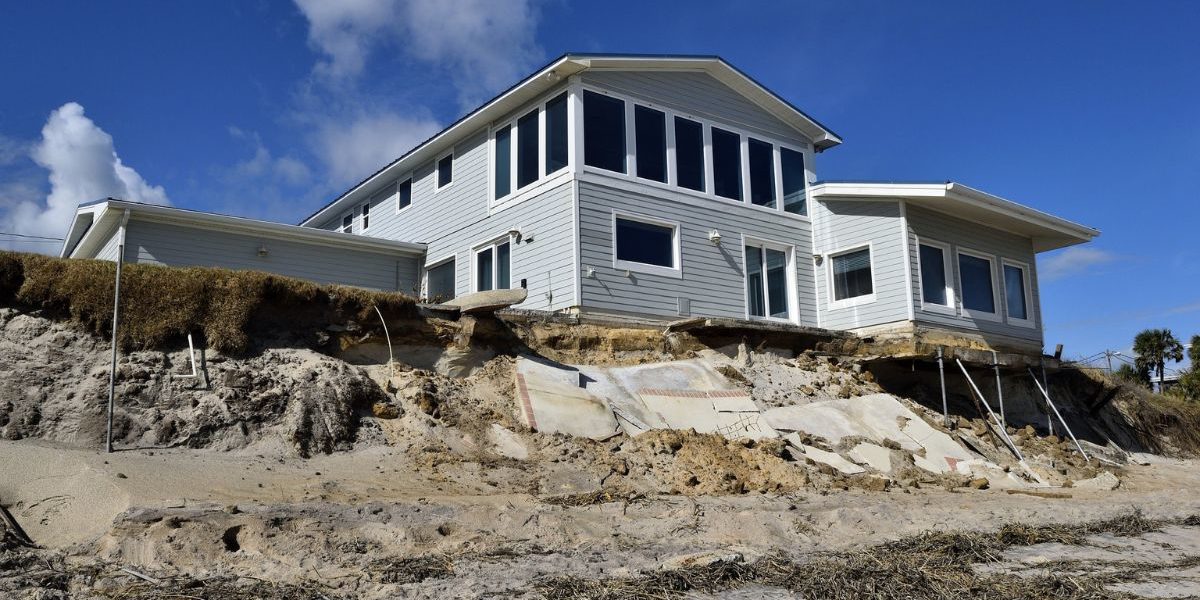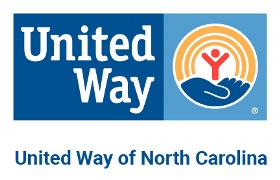Hurricanes are powerful tropical weather systems that may affect North Carolina from June 1 to November 30, with the peak season from mid-August to late October. Heavy winds, tornadoes, strong thunderstorms, flooding, storm surge and landslides can all be caused by hurricanes.
Hurricane Categories
- Tropical Depression: winds up to 39 miles per hour (mph).
- Tropical Storm: 39 to 73 mph winds
- Category 1: 74 to 95 mph winds
- Category 2: 96 to 110 mph winds
- Category 3: 111 to 129 mph winds
- Category 4: 130 to 156 mph winds.
- Category 5: winds 157 mph or greater.
How can I prepare for a hurricane?
Remember the four steps: Gather. Record. Prepare. Protect.- Gather important documents, such as insurance policies, birth certificates, deeds, and utility bills, and store them in waterproof containers. Also gather any important mementos, such as family photos and keepsakes. Write down any important numbers in case you lose power.
- Record evidence of your home. Take photos of the inside and outside, including walls, floors, close-ups of appliances and other high-end items. Email photos to yourself for backup.
- Prepare your home if you have time. Secure outdoor objects or move them inside, protect windows, and use sandbags in doorways.
- Protect YOURSELF. This is the most important step. Keep cash, your photo ID, and any medications with you. Follow evacuation orders — they are made to keep you safe. If you choose to stay, remember to store enough food, water, and pet supplies with you. Store extra batteries, a battery-operated radio, and gasoline.
ReadyNC: ReadyNC helps citizens get ready for disasters and stay informed when disasters occur. You will find information about how to make a disaster plan, what should be in your emergency kit, and much more. The website also includes tips for senior citizens, families with special needs, and pet owners.
Wireless Emergency Alerts: During an emergency, public safety and government officials send messages directly to WEA capable cell phones. You don’t have to download an app or subscribe to a service to get the alerts. You just have to have a WEA capable phone and get service from a participating provider. Most phones made after 2012 are WEA capable. Contact your cell phone provider to find out if they participate in the WEA Alerts program.
FEMA Text Messages: You can sign up to receive text messages from FEMA with preparedness information. Standard message and data rates will apply. To receive preparedness tips: text PREPARE to 43362. For a list of all topics available: text LIST to 43362
You may need to survive on your own for a few days after a hurricane. Being prepared means having your own food, water, and other supplies to last for at least 72 hours. A disaster supplies kit is a collection of basic items your household may need in the event of an emergency.
Basic supplies you should have in an emergency kit:
- Water – 1 gallon per person per day for 3 to 7 days
- Food – non-perishable and canned food supply for 3 to 7 days
- Battery-powered or hand crank radio with extra batteries
- Cell phone with charger
- First aid kit and first aid book
- Flashlight and extra batteries
- Manual can opener for food
- Anti-bacterial hand wipes or gel
- Wrench or pliers to turn off water
- Blanket or sleeping bag – 1 per person
- Prescription medications and glasses
- Seasonal change of clothing, including sturdy shoes
- Toothbrush, toothpaste, soap, feminine supplies
- Extra house and car keys
- Important documents: insurance policies, copy of driver’s license, Social Security card, bank account records
- Fire extinguisher
- Cash and change
- Books, games, or cards
What should I do to stay safe during a hurricane?
Stay InformedNC 211: NC 211 is a part of NC’s State Emergency Response Team. Dial 2-1-1 from any phone to reach a compassionate, trained call specialist 24/7/365 who has access to real time information on shelters, evacuation routes, and more. NC 211 call specialists can also help you find food, meal sites, water, and other recovery and rebuilding resources after a disaster, as well.
Take your emergency kit. If you don’t have an emergency kit, take medicines, blankets, and a battery-powered radio with you. If you have time, turn off utilities. Lock your home when you leave it. Listen to the radio and watch out for hazards.
Use the official evacuation route. Shortcuts could have downed power lines, or the roads and bridges could be blocked or washed away. Don’t drive over flooded roads. Just two feet of water can float a car.
For a one-story house, the best safe room is often a bathroom or walk-in closet near the center of the house and away from windows. For a two-story house, the best safe room is often a closet or cubicle near the stairwell on the ground floor. You will want to reinforce the room with wooden beams if possible. A mattress placed over your head will also protect from flying debris. If you prepared an emergency kit, keep that in the safe room. Otherwise, stock the room with a first aid kit, food and water, a flashlight, extra batteries, cell phone, blankets and pillows, a radio, fire extinguisher, games and reading materials. Also store important documents, such as IDs, insurance policies, etc in a waterproof container. Consider the needs of family members — babies will need extra diapers and formula; children may need their favorite toy or blanket. Have all family members wear protective clothing and sturdy shoes. Pets in the safe room will need a sturdy pet carrier. Have a plastic bag for trash. Also store tools to help you if you have to dig your way out of rubble after the storm.
What should I do after a hurricane?
Let Family Members Know You Are SafeWhere can I find disaster assistance?
You may need help recovering after a hurricane. You may need help with food, housing, finances, clean-up and/or home repair, disaster unemployment assistance, and much more. There are agencies and programs to help meet different needs. ReadyNC and Ready.Gov can help you find assistance for many needs. You should also monitor local radio or television reports and other media sources.
Visit the Disaster Assistance webpage
Need more information?
If you didn’t find what you need on this page or need more information on local resources, dial 2-1-1 or 888-892-1162. Our call specialists are available 24 hours a day, 7 days a week.
SOURCES: Ready NC, Ready.gov
Last updated 5/5/2022


